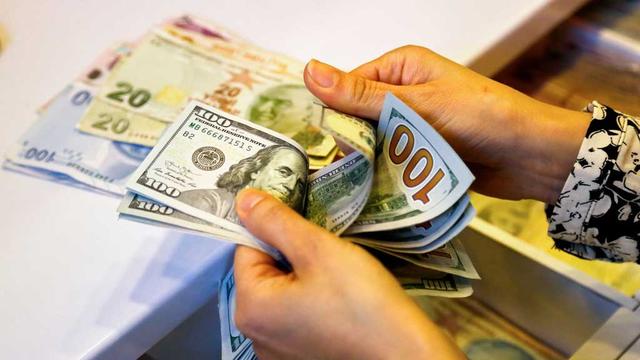U.S. to Reduce Tariff on Swiss Imports from 39% to 15%, New Trade Framework Reached
Author
NEPSE TRADING

Washington — The United States has agreed to cut the tariff on imports from Switzerland from the existing 39 percent down to 15 percent. The decision was made following several months of negotiations, according to a statement issued by the White House on Friday. The U.S., Switzerland, and Liechtenstein have reached an initial trade framework agreement that lays the foundation for revised tariff and investment arrangements.
As part of the understanding, companies from Switzerland and Liechtenstein are expected to invest nearly USD 200 billion in the United States. Out of this, USD 67 billion will be invested by 2026, the White House said. The investment will be channeled into multiple industrial and strategic sectors, strengthening America’s long-term economic prospects.
According to the information released, the fresh investment will target key areas such as pharmaceuticals, machinery, medical devices, construction, advanced manufacturing, gold production, and energy infrastructure. The U.S. administration believes that the inflow of capital into these sectors will help generate thousands of jobs across all 50 states.
Both sides aim to finalize the agreement in early 2026. Once the new 15 percent tariff rate comes into force, Swiss imports will receive treatment similar to what goods from the European Union currently enjoy in the U.S. market. Analysts say the revised tariff structure will help restore Switzerland’s competitive position, which had been weakened in recent months.
Swiss exports had been significantly affected after U.S. President Donald Trump imposed a 39 percent tariff on Swiss imports last August. The rate was even higher than the 31 percent tariff threat he had issued earlier in April.
According to Swiss customs data, the United States has been Switzerland’s largest export destination since 2021. In 2024 alone, the U.S. accounted for 18.6 percent of Switzerland’s total exports. Major Swiss industries—including chemicals, pharmaceuticals, and the global watchmaking sector—rely heavily on the American market for revenue and growth.
With the tariff reduction now agreed in principle, Swiss industries are expected to regain competitive momentum in the U.S., stabilizing export volumes and restoring confidence among key manufacturers.



